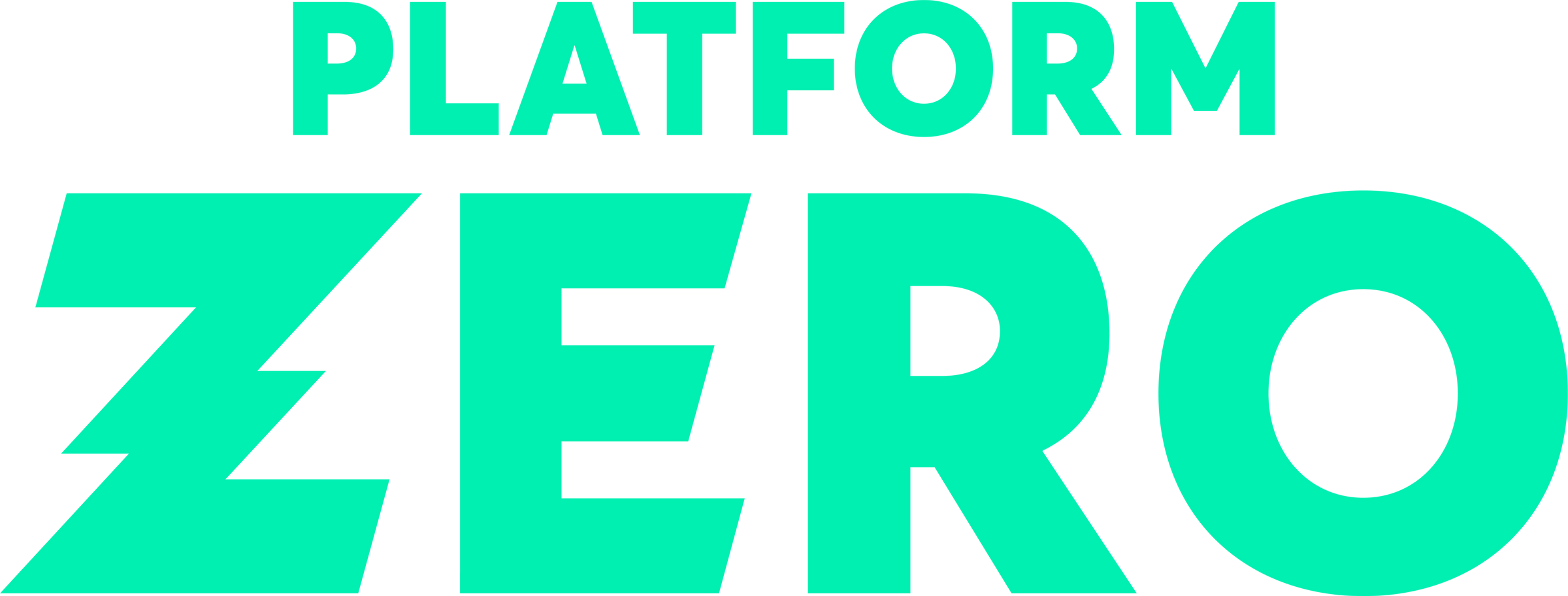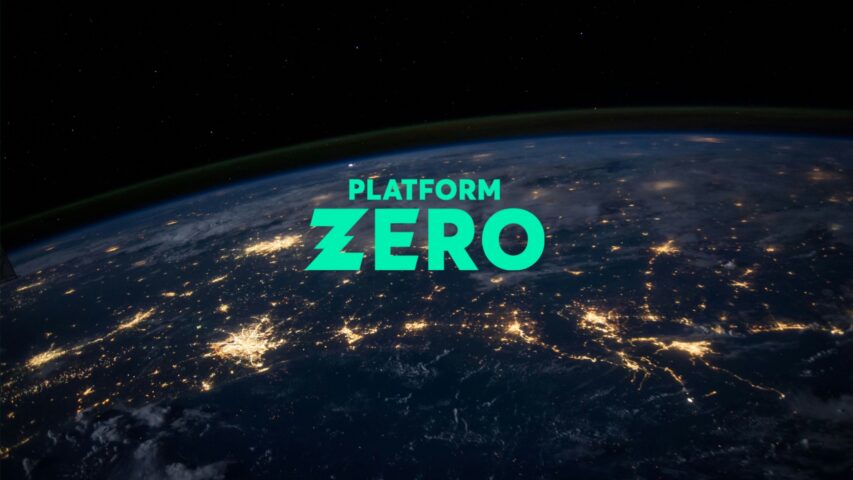Smart grids: A Snapshot of Startup Development


Platform Zero is dedicated to promoting green practices in the maritime and energy sector. Through informative articles based on research and expert interviews, we aim to educate readers on sector trends. If you’re an expert interested in contributing, contact us at info@platformzero.co!
Transforming to Greener and Smarter Power Grid: A Snapshot of Startup Development
Our current energy infrastructure is a major contributor to greenhouse gas emissions, driving global climate change. To address this issue and transit towards a more sustainable future, a fundamental shift is required in the way we generate and use electricity. Moving away from large, centralised, fossil fuel power stations that consistently produce environmentally harmful energy, we now are at the era of renewable energy with wind, solar, tidal, and hydro energy production. This paradigm shift has given rise to the concept of “smart grids”.
A smart grid is an electricity network that uses digital and other advanced technologies to monitor and manage the transport of electricity. Smart grids have come to play a crucial role in enabling a cleaner and more efficient energy landscape, as the new electricity system must be adept at managing the decentralised, variability of renewable energy sources, with the intelligence to dynamically adjust and balance itself. This article will first give an overview of smart grid development, and identify key trends and innovations after having analysed 50 startups in this area.
Countries are making significant investments in building smarter grids. The International Energy Agency (IEA) has suggested that, in order to achieve net-zero emissions by 2050, global investment in the grid should average around $600 billion annually through 2030. Despite the urgency, the current pace of transition and the level of investment are still far from sufficient; leading to grid congestion, power outages and preventing the development of companies due to lack of possible grid connections. China, the United States, and Europe are regions that invest most heavily in this sector.
Digital Platforms
However, the transition isn’t as simple as it seems. Innovations are crucial to transform the physical infrastructure to a digitalised and advanced smart grid. Digital platforms are arising and startups differentiate themselves through technology applications and capabilities.
Looking at startups in this area, many of them offer a digital platform that can either perform energy & grid management or energy trading. The digital capability is fundamental in this domain, with many startups seeking to differentiate themselves by demonstrating additional capabilities.
A note-worthy example is Flexidao, expanding energy management to emissions and climate reporting, enabling customers to generate scope 2 reports more efficiently. Below more examples are mentioned of digital platforms that integrate with physical infrastructure or showcase the application of technology trends in smart management platforms; Blockchain, AI & IoT.
Spectral, a spin-off of the Dutch sustainability consulting firm Metabolic, showcases its proficiency in providing both digital energy solutions and consulting services.
Digital Platform integrations with physical infrastructure
Talking about smart grid, we picture an intelligent system that is capable of dynamically balancing and adjusting itself. However, this cannot be achieved without integration with energy storage and other applications. Grid-scale energy storage, Electric Vehicles (EVs), and Virtual Power Plants (VPPs) are three commonly offered solutions in this domain. VPPs are networks of energy-producing or storage units, such as solar panels and batteries, pooled together to dynamically support the smart grid’s operation. When digitised and connected, these applications can respond to the grid’s needs in real time, incentivizing EV owners to charge, utilities to use and store energy during off-peak hours, and vice versa.
Consider Enervalis as an example. They partner with TenneT, a Transmission System Operator (TSO) and Shell to develop a smart EV charging project. Using Enervalis’ system, a signal is provided to the end-users of 4000 of Shell’s home charging points to create frequency container reserves (FCR) at scale. The system signals to the end-use to slow down or speed up EV charging, responding to the needs of the grid. This kind of application is crucial to stabilising our grid when sudden imbalance occurs.
Technology trends in smart management platforms: Blockchain, AI & IoT
AI is a prominent technology buzzword in the field of smart grid, yet evident in numerous applications. Firstly, in the context of renewable integration, there exists a necessity to predict energy generation through forecasting. For instance, the German company Enercast specialises in providing weather-based AI for accurate power generation forecasts for wind and solar plants, facilitating the integration of renewable energy into the grid. Secondly, energy trading represents another area where AI technology is thriving. Companies such as Dexter Energy, Enspired, and Suena all highlight their AI-based solutions’ ability either to optimise trading timing for maximising profits or reduce operational costs by mitigating grid imbalances and congestion.
The adoption of blockchain is also noteworthy as an emerging technology within the energy trading market. In addition to their AI integrations, Distro Energy leverages blockchain technology as a foundation to enable smart contract signing and guard compliance on their platform.
Finally, the Internet of Things (IoT) helps to enhance grid management by combining hardware and software proficiency. Take Energiot, a Barcelona-based startup. They have developed smart wireless sensor nodes capable of monitoring power transmission assets, including conductors, towers, insulators, and substations. Notably, Energiot utilises patented technology to harvest residual environmental energy to power devices, reducing reliance on batteries and subsequently lowering operational and maintenance efforts.
Countless examples exist in the field; however, the common denominator is that startups build on their digital capabilities and develop unique offerings to gain competitive advantages. Many startups strive to advance energy storage technologies to cope with a variety of use cases, and some of them emphasise their expertise in energy storage options, providing tailor-made services for each project.
Enthusiastic about this topic? Contact us at info@platformzero.co and we can tell you more about it!
